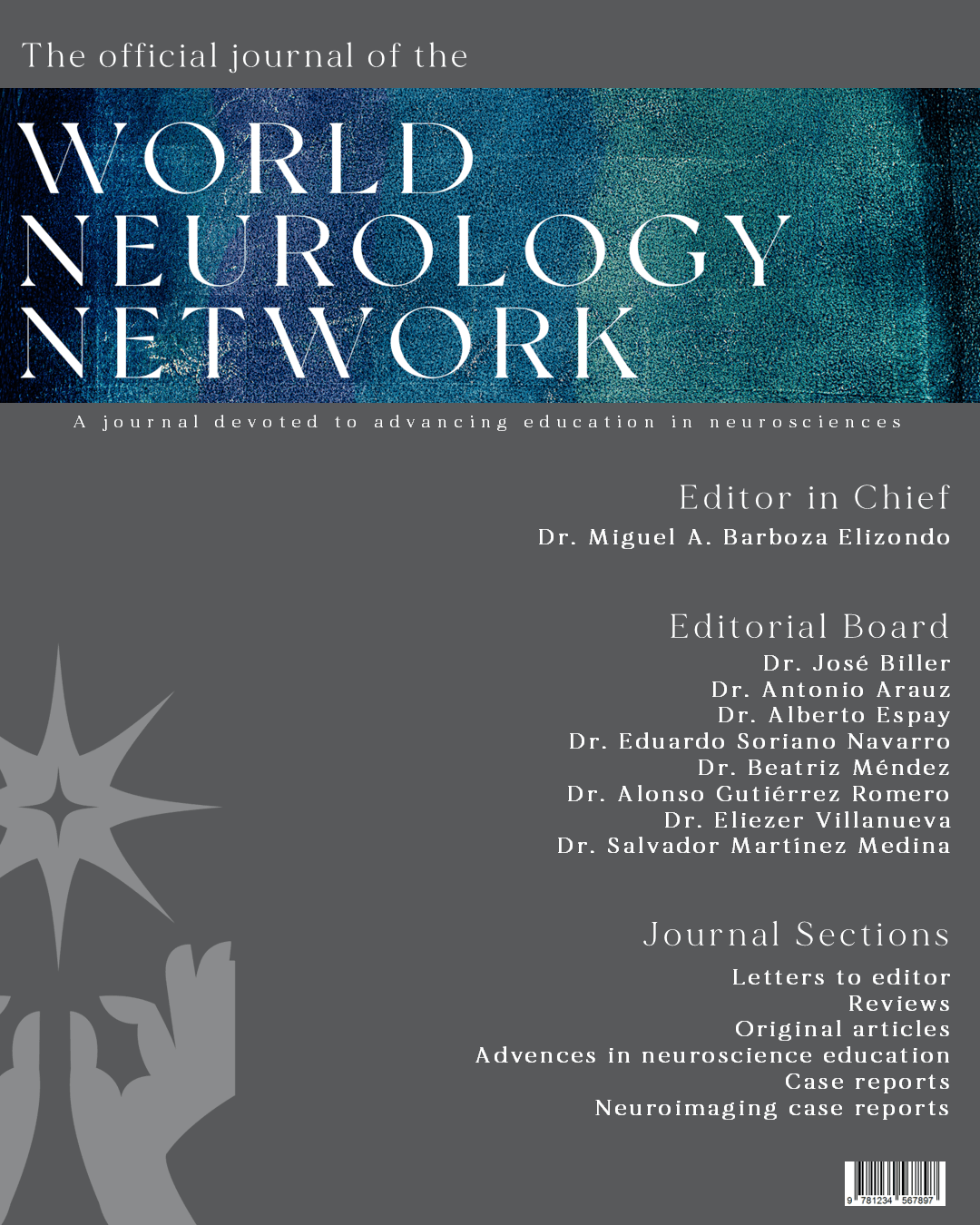A new wave of medications is revolutionizing the treatment landscape for epilepsy, offering hope to patients with difficult-to-treat forms of the condition. These groundbreaking therapies target previously unmanageable cases, providing effective control for those who have not responded to conventional treatments. This development marks a significant step forward in improving the quality of life for millions of individuals living with epilepsy worldwide.
One of the most promising advancements is the introduction of precision medicines that target specific genetic mutations linked to epilepsy. These therapies work by addressing the underlying causes of seizures rather than merely controlling symptoms. For patients with rare, treatment-resistant epilepsy syndromes, these medications offer a personalized approach that has been shown to significantly reduce seizure frequency and severity.
Another breakthrough involves the use of cannabidiol (CBD)-based treatments, which have gained recognition for their effectiveness in managing certain types of epilepsy, such as Dravet syndrome and Lennox-Gastaut syndrome. These medications provide a new option for patients who have exhausted traditional therapies, offering relief with fewer side effects compared to conventional anti-seizure drugs.
Additionally, researchers are exploring novel drug delivery systems to improve the efficacy and tolerability of epilepsy medications. Innovations like implantable devices and long-acting formulations are making it easier for patients to maintain consistent therapeutic levels, reducing the risk of breakthrough seizures and improving adherence to treatment.
These new treatments represent a paradigm shift in epilepsy care, offering hope to those who have long struggled with uncontrolled seizures. As research continues to evolve, the future looks brighter for patients and families affected by epilepsy, with more options for achieving seizure freedom and enhancing quality of life.






